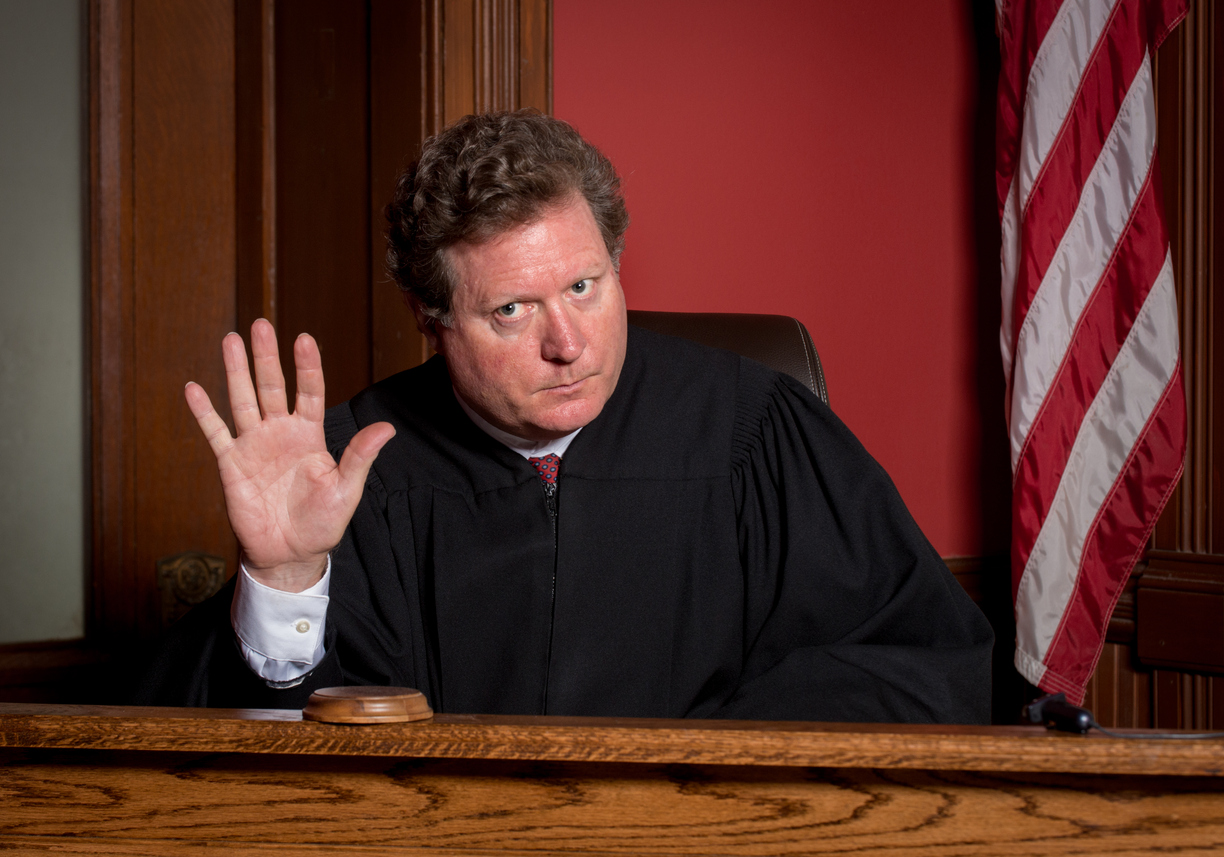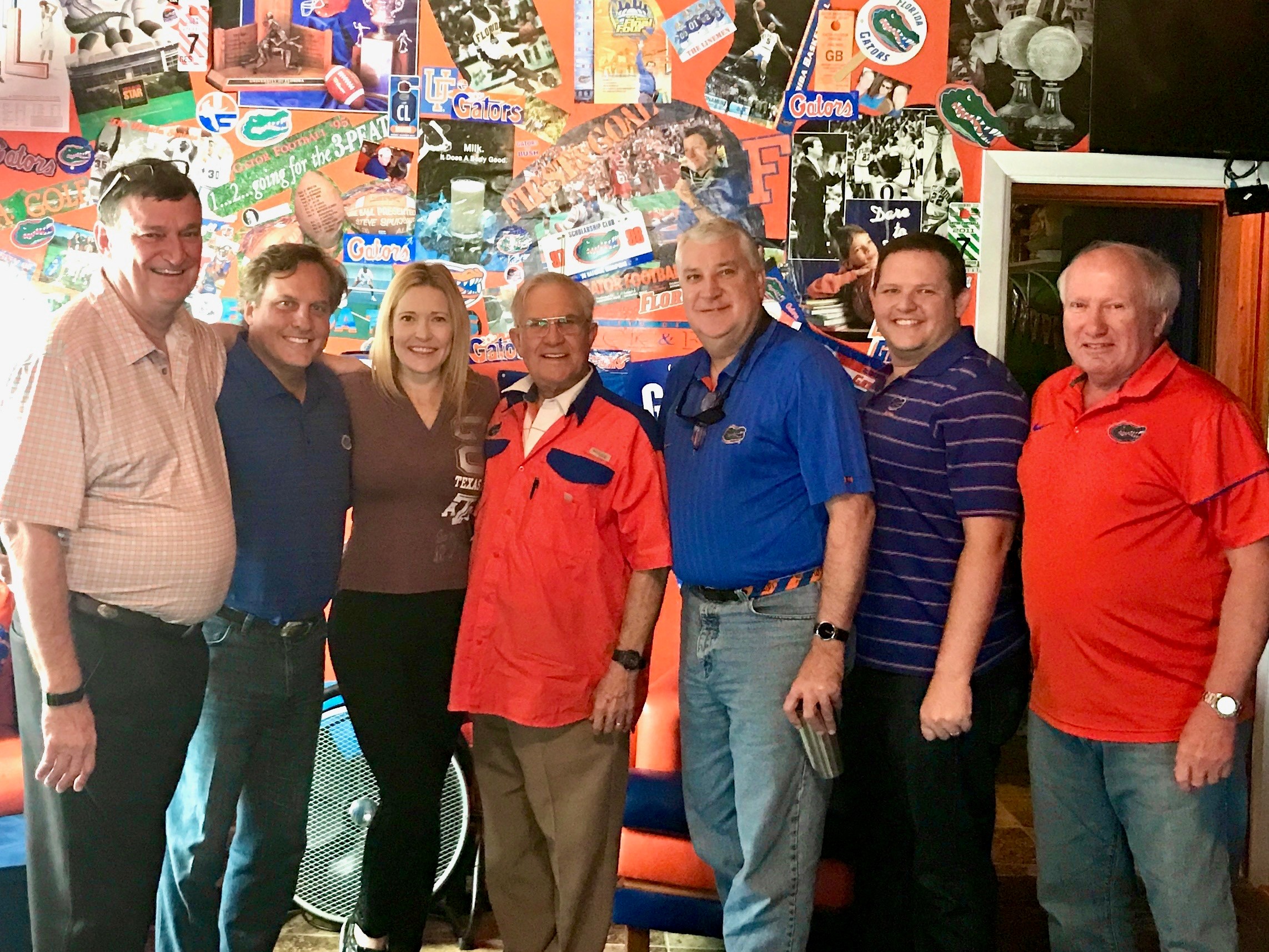In a blow to policyholders, Florida’s Fifth District Court of Appeals found that Citizens is not subject to bad faith lawsuits. The Court concluded:
In summary, we hold that Citizens is immune from first-party bad faith claims pursuant to section 627.351(6)(r)1. Likewise, we hold that Citizens is not subject to bad faith liability under section 624.155(1)(b)(1), as that statute is not applicable to it.
The most significant reasoning for this finding is in the following legal discussion:
The reason why first-party bad faith claims are not considered to be willful torts is best explained by examining the history of this cause of action. A third-party bad faith action (that is, a claim against one’s own insurer for failing in good faith to settle a third-party’s claim, thus exposing the insured to liability in excess of the available insurance coverage), was recognized in Florida as part of the common law as early as 1938. The foundation for this claim is found in the fiduciary nature of the insurance carrier’s relationship with the insured. The carrier was required to act in good faith to negotiate a settlement for the benefit of its insured, and not to protect its own interest alone. Opperman v. Nationwide Mut. Fire Ins. Co., 515 So. 2d 263, 265 (Fla. 5th DCA 1987), review denied, 523 So. 2d 579 (Fla. 1988). Because of the perceived absence of the fiduciary relationship, however, there was no first-party bad faith action by an insured against the insurer recognized at common law. See Allstate Indem. Co. v. Ruiz, 899 So. 2d 1121 (Fla. 2005); State Farm Mut. Auto. Ins. Co. v. Laforet, 658 So. 2d 55, 58-59 (Fla. 1995); Baxter v. Royal Indem. Co., 285 So. 2d 652 (Fla. 1st DCA 1973); cert. discharged, 317 So. 2d 725 (Fla. 1975). Thus, unless the insured could allege an independent tort such as fraud, the only relief available on a first-party claim was a cause of action for breach of contract. Butchikas v. Travelers Indem. Co., 343 So. 2d 816 (Fla. 1976); Rubio v. State Farm Fire & Cas. Co., 662 So. 2d 956, 957 (Fla. 3d DCA 1995), review denied, 669 So. 2d 252 (Fla. 1996); Opperman; Allstate Ins. Co. v. Kelley, 481 So. 2d 989 (Fla. 5th DCA 1986).
The Legislature addressed this issue in 1982 by the adoption of section 624.155, Florida Statutes. As our Supreme Court has indicated, “[t]hrough this statute, the Legislature created a first-party bad faith cause of action. . . .” Laforet, 658 So. 2d at 59. Thus, first-party bad faith causes of action now exist in Florida not because they are torts, but because they are a statutory cause of action. Accordingly, a first-party bad faith claim cannot be wedged into the statutory exception for willful torts because it is not a tort of any variety. (emphasis added)
Most treatises will be amended to reflect that Florida’s current first party wrongful claim practice scheme is not a tort, but strictly a statutory action. Of course, that may change because of the a case pending before the Florida Supreme Court as I posted in A Common Law Remedy For Lack Of Good Faith And Fair Dealing Is Before The Florida Supreme Court. Stayed tuned- the law is a creature subject to change depending on the facts and issues brought before the Courts.



